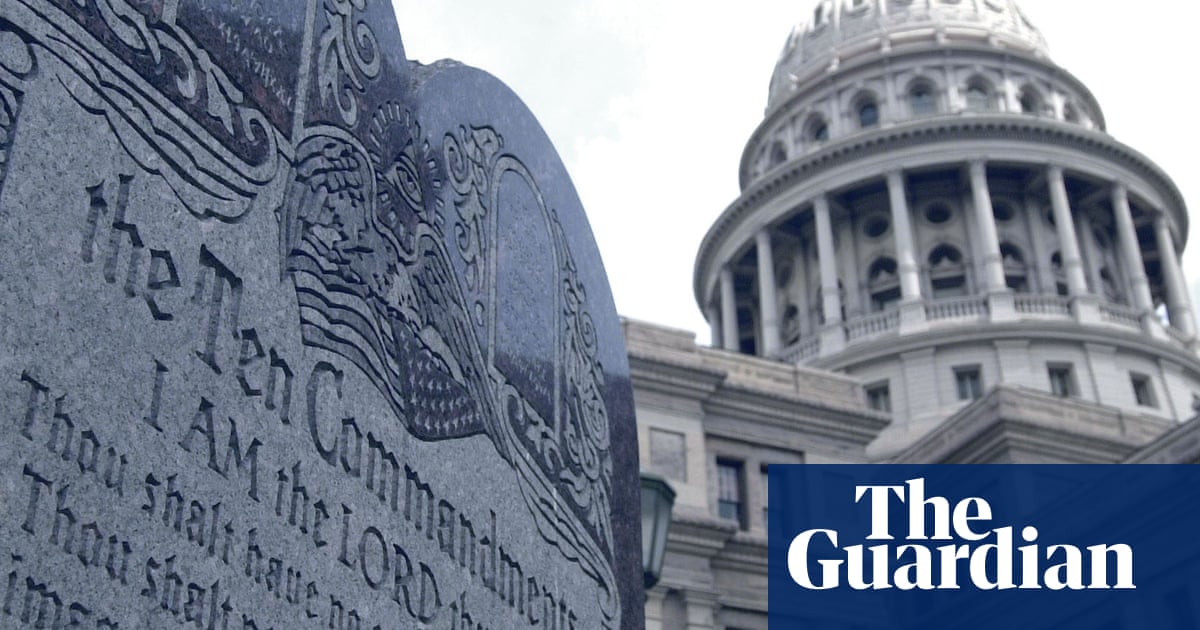Texas is set to implement a new law that requires public school classrooms to display the Ten Commandments. This makes Texas the largest state to try such a mandate. Governor Greg Abbott signed the bill, which is likely to face legal challenges. Critics argue it violates the separation of church and state.
A similar law in Louisiana was recently blocked by a federal appeals court for being unconstitutional. Arkansas also has a comparable law that is currently being challenged in court. The Texas law smoothly passed through the Republican-controlled state legislature.
Supporters, like Republican state representative Candy Noble, say the focus is on highlighting important historical and educational elements in the U.S. However, opponents, including various faith leaders, claim this infringes on religious freedoms. They argue there are many students in Texas—nearly 6 million across 9,100 public schools—who practice other faiths and may not connect with the Ten Commandments.
In recent discussions on social media, reactions have been mixed. Some supportive comments emphasize “tradition” and “heritage,” while critics point out the diverse student population and the importance of inclusivity.
Back in 2005, Abbott, then Texas attorney general, successfully argued in front of the Supreme Court to keep a Ten Commandments monument at the state capitol, showcasing a persistent trend in Texas politics surrounding this issue.
This push for displaying the Ten Commandments is part of a broader effort in various conservative states to integrate religious elements into public education. Other bills, like one allowing voluntary prayer during school hours, accompany this movement.
Opponents highlight that translations and interpretations of the Ten Commandments can vary significantly across different religions. A group of Christian and Jewish faith leaders recently sent a letter opposing the law, noting that religious diversity in Texas should be considered in educational settings.
As the legal landscape shifts, both advocates and critics of this law will be watching closely. The implications of this law go beyond Texas, potentially setting precedents that could affect similar initiatives in other states.
Source link





















